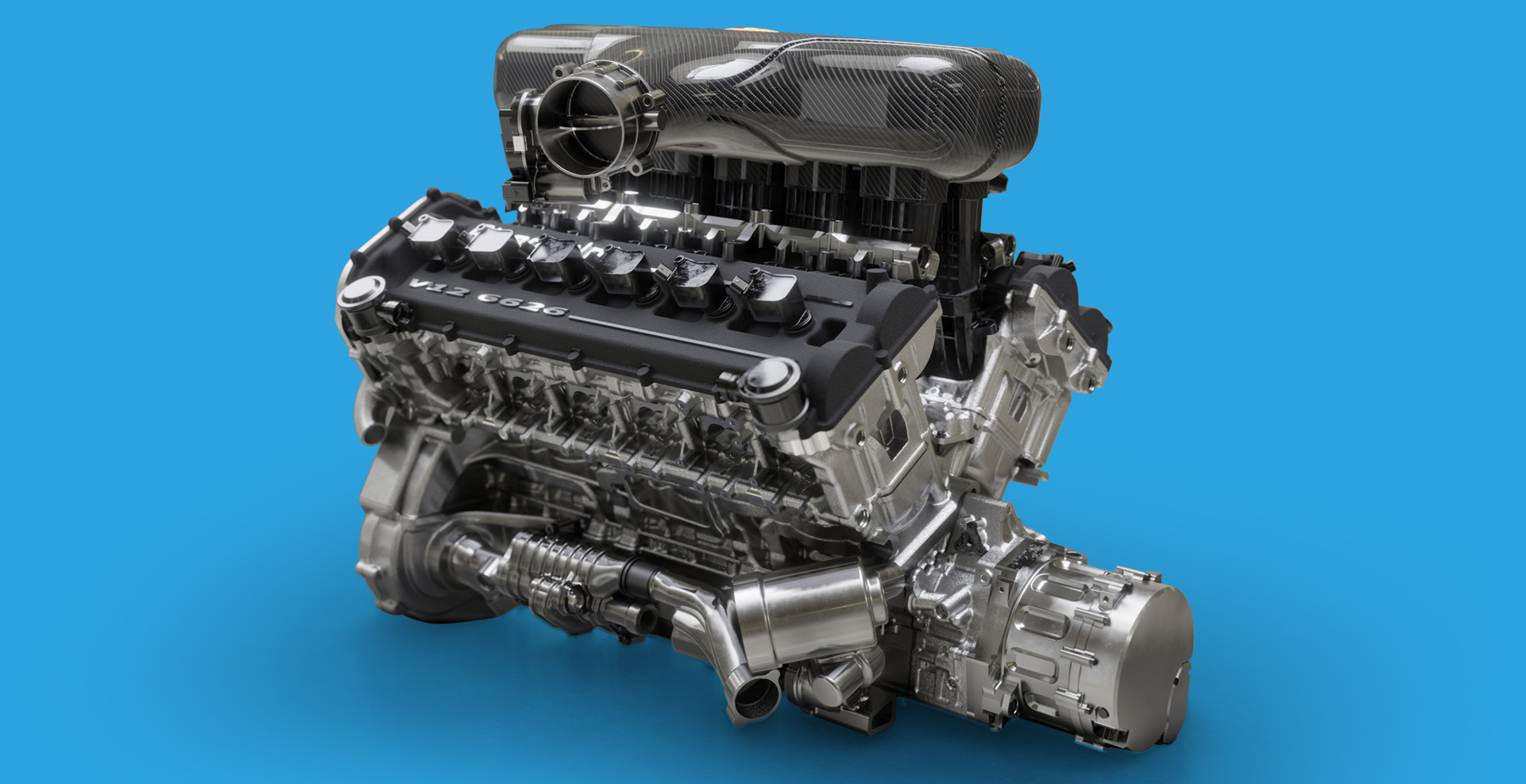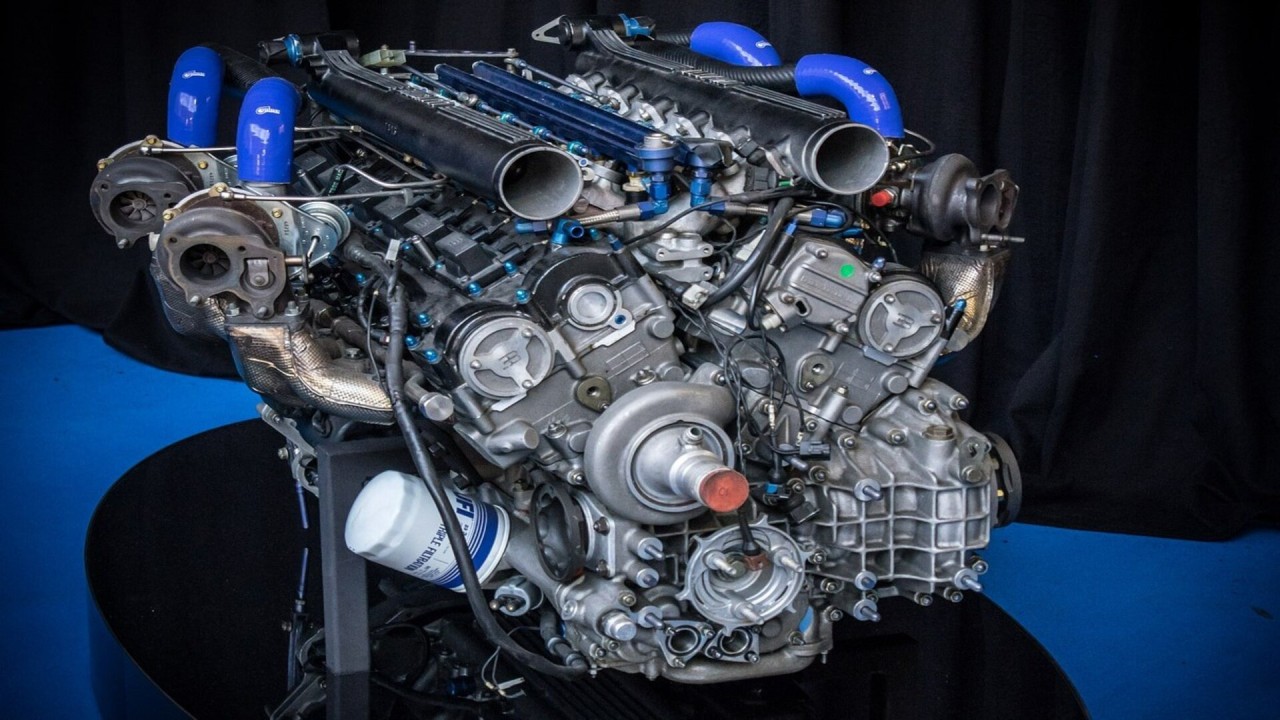A Complete Guide to Choosing the Right Engine for Your Task
Choosing the ideal engine for your job is an important choice that can substantially affect its overall success. It is vital to meticulously specify your task needs, assess efficiency requirements, and consider user-friendliness together with various other essential elements. In addition, recognizing the neighborhood assistance offered and scrutinizing cost ramifications can further fine-tune your option. Each of these elements plays a crucial role in ensuring that your chosen engine not just fulfills instant purposes however also straightens with lasting aspirations. As we explore these considerations, you may discover that the subtleties of each facet disclose even more than at first prepared for.
Specify Your Task Requirements
Defining your project needs is a vital action in choosing the appropriate engine for successful implementation. A comprehensive understanding of your task's purposes will certainly assist you in recognizing the abilities and attributes called for from an engine. Begin by detailing the scope of your task, including the preferred functionality, target market, and the specific end results you aim to attain.
Next, consider the technological demands that straighten with your project objectives. This includes reviewing the compatibility of the engine with existing systems, as well as the shows languages and frameworks that will certainly be used. Furthermore, evaluate the level of scalability called for to accommodate future growth or changes popular.
Spending plan constraints likewise play an important function in specifying your task needs. Develop a clear economic structure to guide your decision-making procedure, guaranteeing that the engine chosen fits within your spending plan while giving the essential functionality.
Evaluate Performance Requirements

Next, take into consideration the scalability of the engine. Analyze whether it can handle increased work as your task expands. Engines that sustain straight scaling are usually more suitable for larger applications. Additionally, assess the engine's efficiency under various problems, such as peak use situations, to guarantee it satisfies your dependability requirements.
Take Into Consideration Convenience of Use
While technical requirements are essential, the convenience of use of an engine can substantially affect the development procedure and overall task success. An instinctive interface, clear documentation, and streamlined workflows can considerably decrease the discovering curve for designers, allowing them to concentrate on imagination and problem-solving instead than grappling with complicated devices.
When examining an engine's ease of usage, consider the onboarding experience. A go to website well-structured intro, total with tutorials and sample jobs, can help with a smoother transition for brand-new users. Furthermore, the clarity and comprehensiveness of the engine's documents play a critical function; thorough overviews and API recommendations can empower designers to troubleshoot and implement attributes effectively.
An engine that permits for very easy alterations can be extra straightforward, as developers can tailor it to fit their specific needs without comprehensive problem. Inevitably, picking an engine that focuses on convenience of usage can lead to a much more efficient and pleasurable development experience.
Assess Community and Assistance
The stamina of an engine's community and assistance network can considerably influence a programmer's experience and success. When evaluating an engine, take into consideration the dimension and activity level of its community.
Furthermore, evaluate the schedule of official assistance channels. Reliable documents, responsive client support, and normal updates are important for resolving technological concerns and keeping your job on course. Engines For Africa. Active communities likewise cultivate collaboration, providing possibilities for networking and responses, which can be very useful, especially for tiny teams or independent programmers
Additionally, check out the visibility of community-run events, such as hackathons or meetups. These gatherings can enrich your additional resources understanding of the engine while linking you with potential collaborators and knowledgeable customers. In summary, a robust neighborhood and assistance system not just streamline development but likewise produce an atmosphere helpful to learning and development, eventually improving the possibility of your job's success.
Compare Expense and Licensing Options
Budget plan factors to consider play a crucial role in picking the best engine for your job, as the expense and licensing alternatives can considerably affect both short-term costs and long-lasting feasibility. Engines For Africa. Various engines use varying pricing structures, which can include single acquisition charges, subscription versions, or revenue-sharing arrangements based on your job's revenues

Certifying choices likewise differ considerably. Some engines are open-source, providing flexibility and community-driven support, while others might need exclusive licenses that limit use and circulation. Comprehending the ramifications of each licensing model is essential, as it impacts ownership rights, future scalability, and prospective legal obligations.
Conclusion
Finally, choosing the suitable engine for a project demands a thorough analysis of specified project demands, efficiency demands, ease of use, community support, and cost factors to consider. By systematically addressing these essential factors, decision-makers can make sure positioning with both current and future project needs. A knowledgeable choice inevitably improves the likelihood of task success, enabling reliable resource appropriation and maximizing prospective outcomes within the specified financial restrictions.
Picking the suitable engine for your job is an important decision that can dramatically impact its general success.Defining your job requires is an essential step in try this out selecting the suitable engine for effective implementation. A detailed understanding of your task's objectives will certainly lead you in determining the functions and capabilities needed from an engine.When you have a clear understanding of your task needs, the next action is to examine the efficiency demands of the engine.In verdict, choosing the ideal engine for a project necessitates a comprehensive analysis of specified project needs, performance requirements, simplicity of usage, neighborhood support, and price considerations.